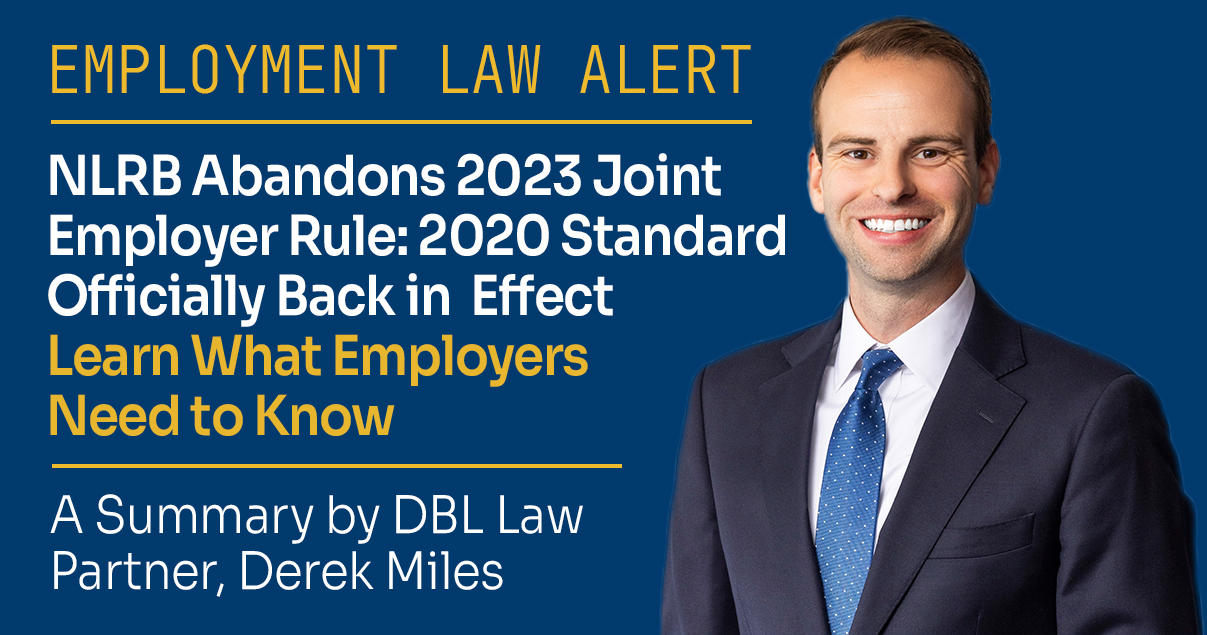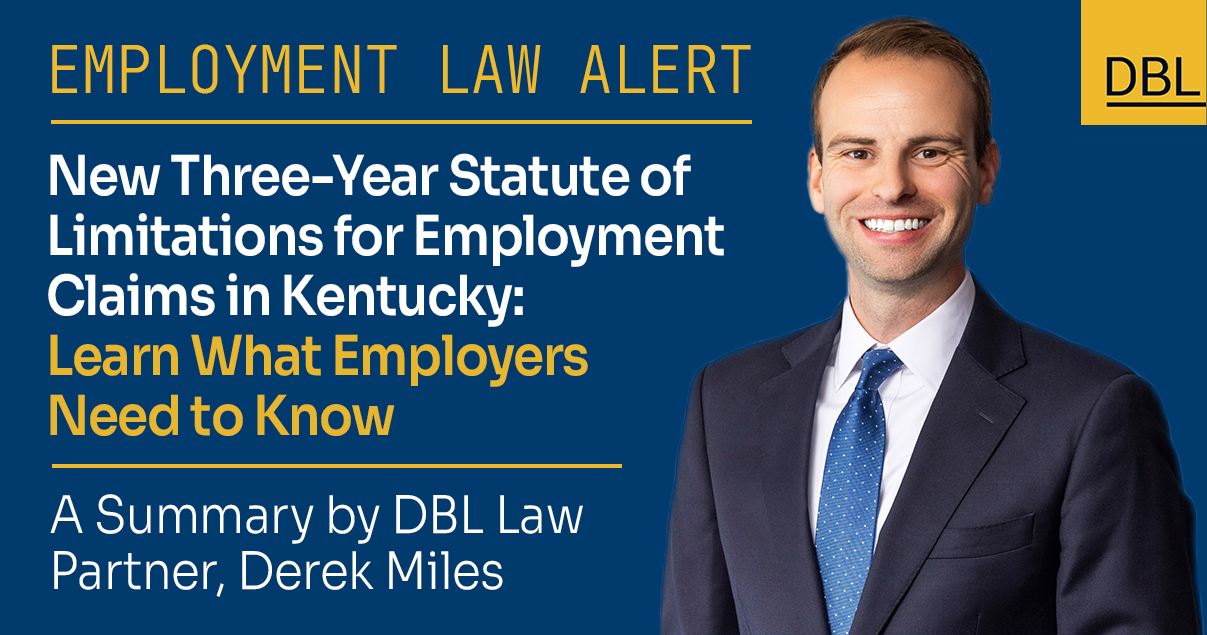Updated
In a dramatic reversal, the National Labor Relations Board (NLRB) has decided not to pursue reinstating its 2023 joint employer rule, which a federal district court invalidated earlier this year. Instead, the rule the Board promulgated in 2020 will remain in effect. That rule stipulates that a company can be deemed the employer of another company’s employees only if it exercises direct and immediate control over essential aspects of the employees’ jobs
Too effectuate its new position, the NLRB filed a motion with the 5th U.S. Circuit Court of Appeals on July 19 to dismiss its appeal against the district court’s decision. Although the NLRB maintains that the 2023 rule is lawful, it aims to explore other avenues for resolving outstanding joint employer issues. One potential approach the NLRB might employ is to revert to case-by-case adjudication, the method used before the 2020 rule was established.
The change in the NLRB’s approach came after a federal district court in Texas blocked the 2023 rule on March 8, holding it was excessively broad and in violation of federal labor law. The court concluded that the rule would improperly classify many companies as employers of contract or franchise workers, even in the absence of meaningful control over those workers’ conditions. The court noted that the rule would treat nearly every entity contracting for labor as a joint employer, given that most labor contracts indirectly impact essential employment terms.
In addition to the federal district court’s ruling, Congress also passed a resolution to overturn the 2023 rule, which President Joe Biden vetoed on May 3. In his veto message to Congress, President Biden argued that the blocked rule would have prevented companies from evading bargaining obligations or liability when they control workers’ conditions, even if such control is reserved or exercised indirectly through subcontractors or other intermediaries.
With the 2020 standard now officially back in effect, employers should be aware of the risk of being classified as joint employers if they exert significant direct and immediate control over essential employment terms.
For more updates and expert insights on labor and employment law, stay connected with DBL Law and contact Derek Miles, Bob Hoffer, Nick Birkenhauer, or Alexis Switzer





